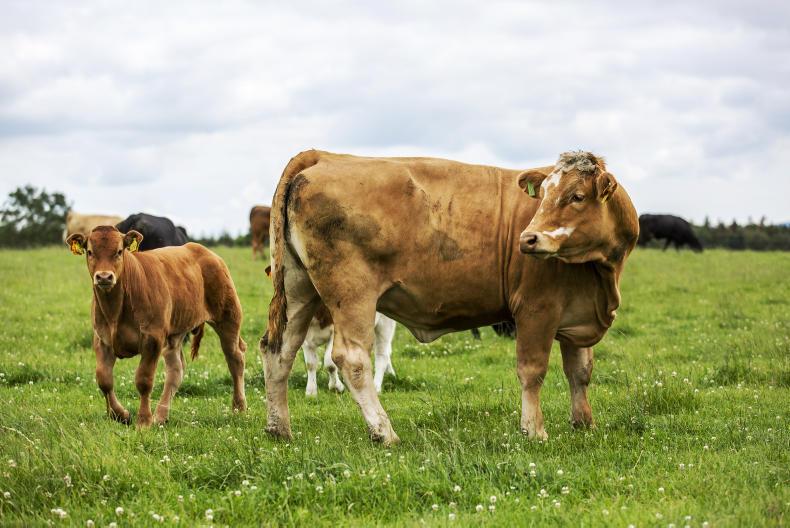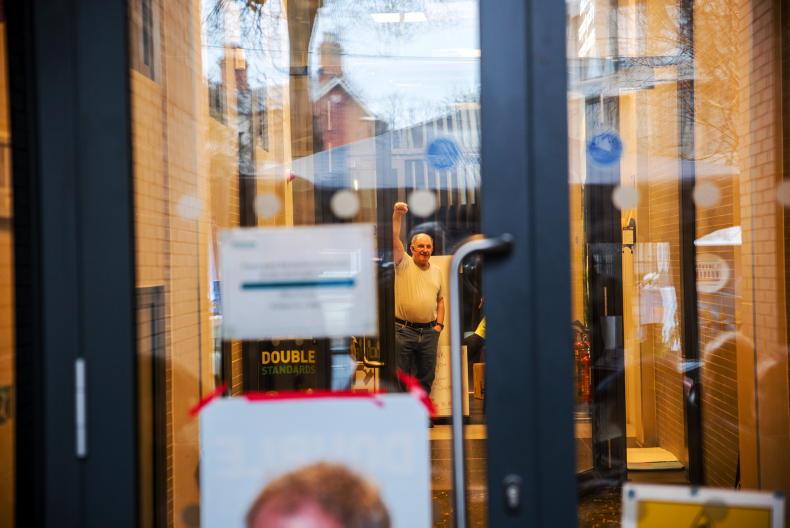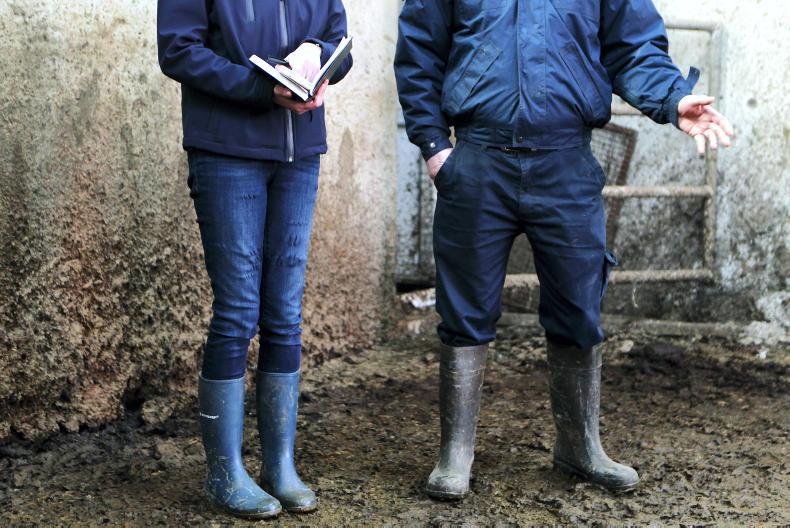IFA president Tim Cullinan has announced an initiative to gather evidence to force an investigation into the beef sector or any other farming sector where there is potential anti-competitive behaviour adversely affecting farmers.
“The Competition and Consumer Protection Commission (CCPC) recently advised the IFA that it would not investigate alleged anti-competitive practices in the beef sector. This was despite receiving countless complaints.
“The main reason it gave was what it called a lack of evidence and, in particular, documentary evidence,” he said.
“It’s time to take on the vested interests which have to be held to account. We have several allegations of anti-competitive behaviour in sectors and we want to gather concrete evidence. Employees of processors or retailers would have protection under whistle-blower legislation and may also be able to benefit from the cartel immunity programme,” he said.
The CCPC has considerable investigation powers under relevant legislation. However, they have refused to use these powers to try to obtain any evidence of price-fixing by beef or other processors or retailers.
“While we welcome the commitment in the programme for government to establish a national food ombudsman, the CCPC currently has the responsibility in this area and we cannot allow it to ignore this. We want to put it up to them and I am asking people to come forward, in confidence, so we can build a file,” he said.
“If we can obtain viable evidence, we can use this to force the CCPC to carry out an investigation, or the IFA can consider pursuing a private prosecution under the Competition Act 2002 or through DG Competition at EU level,” he said.
If you have evidence which could assist with this, contact Staines Law, Suite 126, The Capel Building, Mary’s Abbey, Dublin 7 in confidence on 01-872 0888 or ifainvestigation@staineslaw.ie.
Low-cost loan schemes must be rolled out urgently
IFA farm business chair Rose Mary McDonagh has called on the Government to roll out the new Future Growth Loan Scheme (FGLS) and the Covid Credit Guarantee Scheme (CCGS).“Farmers need immediate access to flexible, low-interest credit. The Government needs to finalise the terms and conditions of these schemes and make them available to applicants,” she said.
The FGLS is guaranteed by the European Union and is intended for long-term investment purposes within SMEs.
On the other hand, the CCGS is aimed at SMEs that have been negatively affected by COVID-19 and requires legislation from the Irish Government, which will guarantee 80% of the loans under the scheme.
“While these schemes are not ideal in that neither the FGLS nor CCGS allow for refinancing of projects paid for using cashflow, they will be an option for some farmers. Moreover, farmers are increasingly faced with the challenge of rising working capital needs as a consequence of COVID-19,” she said.
The payment break on loans has temporarily alleviated the pressure on farmers. However, it’s expected that more farmers across all sectors will need access to low-cost credit in the weeks and months to come. Regrettably, the details surrounding the latest version of FGLS and the CCGS continue to be developed and change constantly.









SHARING OPTIONS